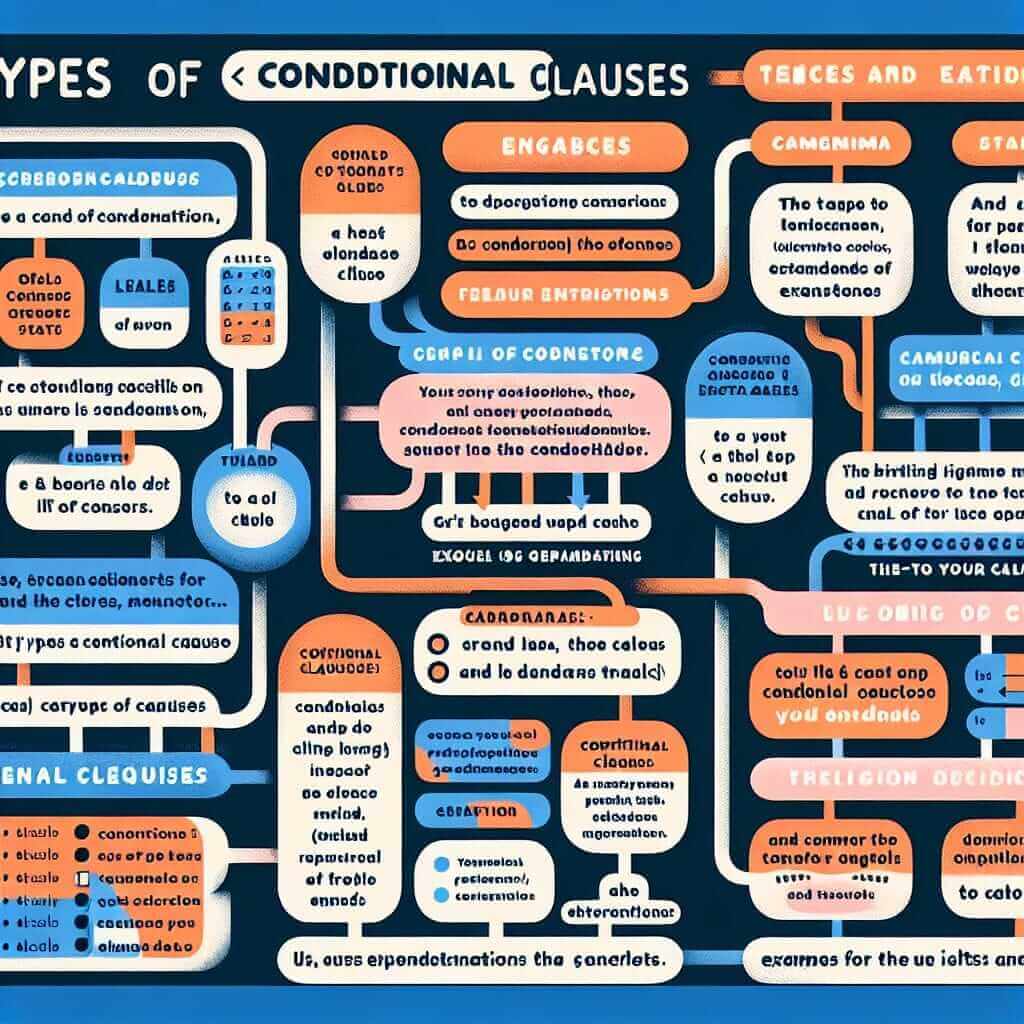“Should you change your mind, call me,” my friend said, her voice laced with hope and uncertainty. This seemingly simple sentence, often uttered in casual conversations, holds within it a fascinating grammatical structure that frequently appears in IELTS: the conditional clause.
This structure allows us to express a potential situation (changing your mind) and its consequence (calling me). Understanding how to use these clauses effectively can significantly enhance your IELTS score, particularly in the Speaking and Writing sections.
For example:
- Speaking (Part 2): Describe a time you had to change your plans. “I was supposed to go hiking, but should the weather turn bad, I had decided to visit a museum instead.”
- Writing (Task 2): Some people believe that technology isolates us. “While it’s true that excessive screen time can lead to social isolation, should we use technology responsibly, it has the potential to connect us on a global scale.”
In these examples, the conditional clauses add a layer of sophistication and clarity to the language, showcasing your command of complex grammatical structures.
Decoding “Should You Change Your Mind, Call Me”
Let’s break down this sentence to understand its components:
- “Should you change your mind”: This is our conditional clause. It uses the modal verb “should” to express a hypothetical situation, implying that the speaker is unsure whether the listener will actually change their mind.
- “call me”: This is the main clause, stating the action that will result if the condition in the first clause is met.
The beauty of this structure lies in its conciseness and implied meaning. Notice how the sentence avoids using “if” directly, creating a more formal and polite tone often suitable for IELTS Writing Task 1 (describing data or processes).
Mastering Conditional Clauses for IELTS
Types of Conditional Clauses
There are four main types of conditional clauses, each with its own structure and function:
1. Zero Conditional
- Structure: If/When + Present Simple, Present Simple
- Function: Expresses general truths or facts.
- Example: If you heat ice, it melts.
2. First Conditional
- Structure: If + Present Simple, will/can/may + base verb
- Function: Expresses a likely future outcome.
- Example: If you study hard, you will pass the exam.
3. Second Conditional
- Structure: If + Past Simple, would/could/might + base verb
- Function: Expresses an unlikely or imaginary situation in the present or future.
- Example: If I won the lottery, I would travel the world.
4. Third Conditional
- Structure: If + Past Perfect, would/could/might + have + past participle
- Function: Expresses an unreal past situation and its hypothetical result.
- Example: If I had studied harder, I would have passed the exam.
“Should” in Conditional Clauses
While “if” is the most common conjunction used in conditional clauses, “should” can be used to make the condition more formal or polite. It also introduces a degree of uncertainty:
- “If you have any questions, call me.” (Neutral, implying a possibility of questions)
- “Should you have any questions, call me.” (More formal, suggesting a lower likelihood of questions)
Applying Conditional Clauses in IELTS
Writing Task 1 (Describing a Process):
“The first stage of the process involves heating the solution. Should the temperature exceed 100 degrees Celsius, the mixture must be cooled immediately to prevent combustion.“
Writing Task 2 (Opinion Essay):
“Some argue that space exploration is a waste of resources. However, should we cease our exploration of the cosmos, we risk stifling scientific advancement and losing the potential for groundbreaking discoveries.“
Speaking Part 3 (Discussion):
Examiner: What are the benefits of learning a foreign language?
Candidate: Well, for one, it opens up a whole new world of culture and understanding. And should you ever travel to a country where that language is spoken, you’ll have a much richer and more immersive experience.“

Avoiding Common Mistakes
- Incorrect tense sequence: Ensure the tenses in the conditional clause and the main clause align logically.
- Incorrect: If I will see him, I would tell him.
- Correct: If I see him, I will tell him.
- Overusing “would” in the “if” clause: “Would” is generally not used in the “if” clause except in polite requests.
- Incorrect: If you would be interested, please let me know.
- Correct: If you are interested, please let me know.
Conclusion
Mastering the use of conditional clauses, including those using “should,” can significantly elevate your IELTS performance. By understanding their different types, functions, and common pitfalls, you can express complex ideas with clarity and precision, ultimately boosting your score. Remember to practice incorporating these structures into your writing and speaking, paying close attention to tense consistency and avoiding common errors.